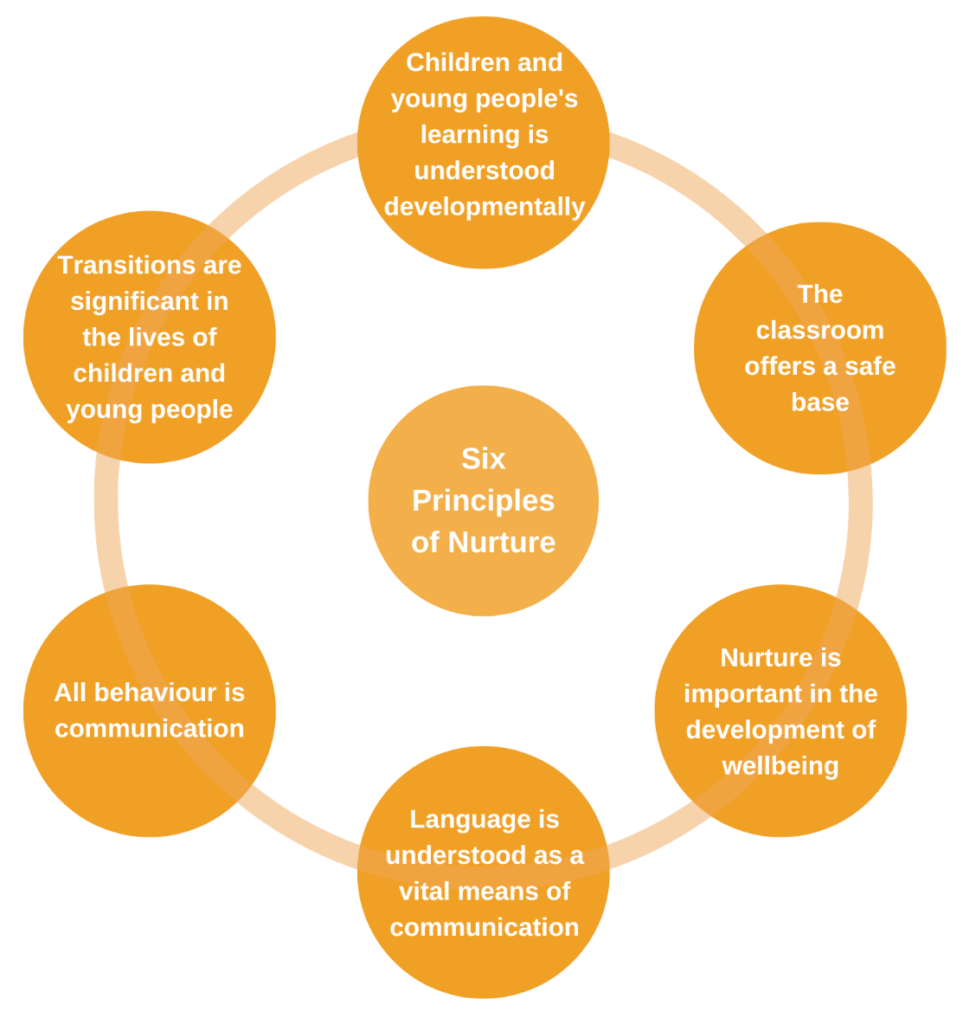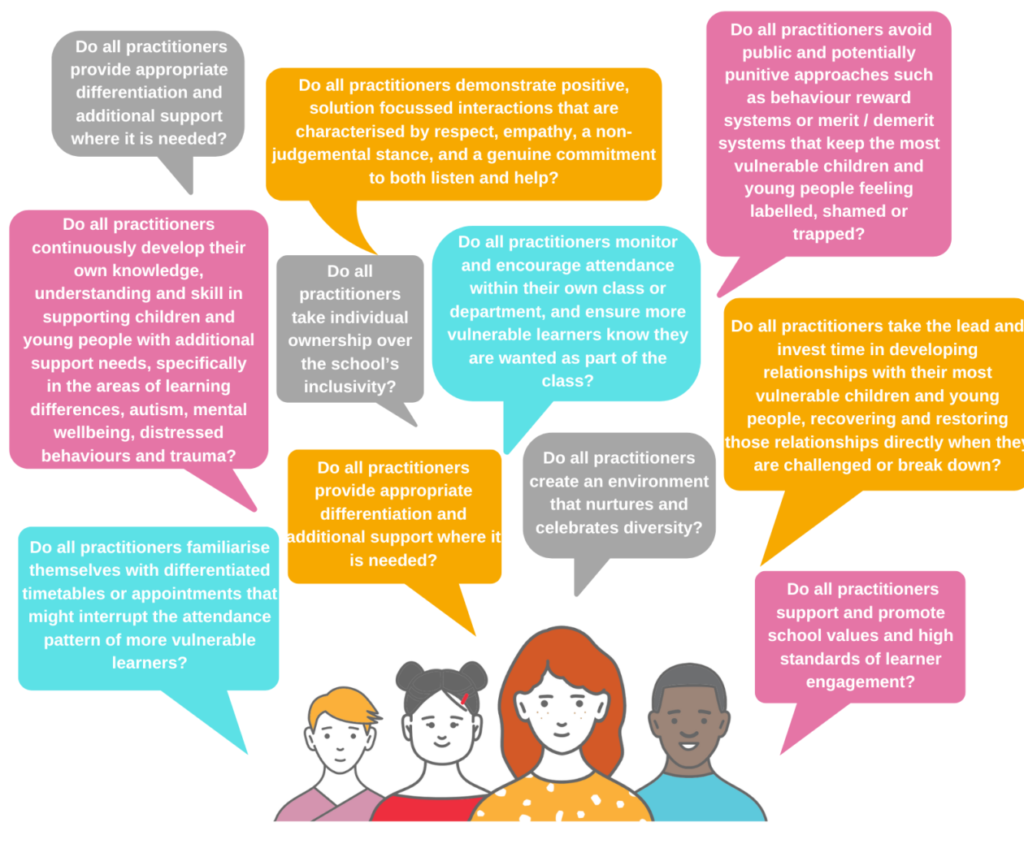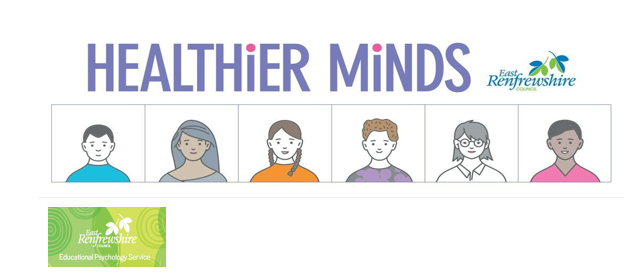Attendance in East Renfrewshire schools is amongst the highest in Scotland. However, EBSA is present in every school community and often impacts on our most vulnerable children and young people. Effective prevention and support begins with an inclusive, nurturing, relationships-based ethos within the school, that every staff member embraces (Golding, Phillips & Bombèr, 2021). Where this exists, children and young people’s relationships with staff and peers become a protective factor and they will feel safe, secure and connected to school life. This will minimise many school-based risk factors. Children and young people who feel connected to school or have a sense of being wanted will be more likely to try to attend and engage in their learning (Bowles & Scull, 2018). A relational, nurturing approach is most powerful where all practitioners are committed to understanding, supporting and addressing the environmental and psychological factors that contribute to children and young people’s learning, development and connectedness. Successful outcomes are more likely where expectations are high, staff persevere and young people know they have someone who can support and believe in them. From classroom to corridor, practitioners need to understand and consistently apply the six principles of nurture:
Figure Two: The Six Principles of Nurture for Children and Young People (Nurture UK, 2022)

Effective school leadership is essential in developing an ethos where practitioners create a whole school nurturing environment. Using nurturing approaches shifts the focus from the individual behaviour of the young person, to understanding them on a developmental and emotional level. Nurturing practice also supports the premise that there will be reasons behind the young person’s school absence. It enhances the crucial nature of a relational approach to build trust and help a young person feel safe and secure in the school environment.
The following challenge questions can be used to help improve a whole school approach:

Children and young people will have better wellbeing where they are taught about emotional literacy and resilience development. Schools that offer a wide range of curricular experiences in these areas will have improved outcomes, especially where these are informed by the needs of the local community
Many children and young people need opportunities to learn and talk about the skills that build resilience, specifically:
- Emotional regulation;
- Impulse control;
- The ability to reach out for help when it is needed;
- The capacity to focus on activities that they are good at for their own self-efficacy;
- Having realistic optimism about the future;
- Good causal analysis when things go wrong, and;
- Knowing how to resolve or recover from challenges.
(Reivich and Shatte, 2003)
There are many local examples of good practice that support this type of work in Appendix B.
Participation in wider school life through extra-curricular activities and school events can also offer children, young people and parents / carers experiences that create a culture of connectedness to the school, particularly where these are tailored to involve harder to reach families. Creativity and community engagement in this area can improve and strengthen home-school relationships.

